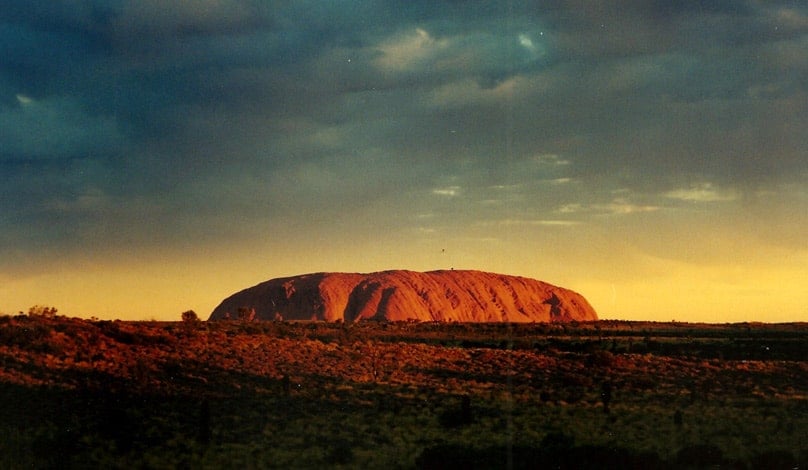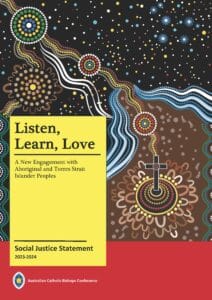
The Australian Catholic Bishops Conference has published a statement urging Australians to educate themselves in the days leading up to the Voice referendum, describing the 14 October vote as a moral, and not merely political, question.
The ACBC’s Towards the Referendum statement does not explicitly call for a Yes vote but advises Catholics to carefully read the Uluru Statement from the Heart and the ACBC’s 2023 social justice statement, Listen, Learn, Love.
Listen, Learn, Love was co-authored with the National Aboriginal and Torres Strait Islander Catholic Council, who have called for Australians to vote Yes on October 14.
“The Australian Catholic Bishops Conference’s statement on the Voice in May urged that the debate be conducted civilly and respectfully; there are some who strongly support the Voice and others who have concerns, including whether the Voice would benefit those most in need or could stifle good governance,” the bishops advise in Towards the Referendum.
“However differently they are viewed, the issues surrounding the Voice are not just political; they are moral and ethical. Therefore all Australians need to educate themselves.”
“One way we might do this is by a careful reading of the Uluru Statement from the Heart and this year’s social justice statement …
“We urge all Australians to listen to the hopes and fears of each other. We urge people to act in a way that commits to redressing the disadvantage suffered by the Aboriginal and Torres Strait Islander peoples and will allow them to reach their potential, thus promoting reconciliation for the good not just of some but of the whole nation.”
The ACBC and the 2022 Plenary Council previously endorsed the Uluru Statement from the Heart, which calls for the establishment of a Voice to Parliament, and the Bishop of Darwin, Charles Gauci, signed an interfaith open letter in February that called for members of parliament to support the Voice.

The ACBC’s statements have also consistently affirmed the right of Catholics to disagree in good faith on the Voice referendum, and Catholics are represented in senior positions on both sides.
Leading No campaigner and Catholic, Nyunggai Warren Mundine, in an opinion piece for The Catholic Weekly, said that reconciliation must involve “sorry and forgiveness.”
“[W]e talk a lot about the sorry part, but we never talk about the forgiveness part. And that for real reconciliation, it’s not enough that Australia as a nation says sorry, but Indigenous people also need to forgive Australia as a nation,” Mr Mundine said.
“While Aboriginals have every reason to be angry about past wrongdoings, these can’t be undone.
“So as Aboriginals, we have a choice—to continue to feel angry, or to draw a line in history and not be captive to the past. The Uluru Statement comes from this place of continuing anger.”
Several Catholic agencies are also actively campaigning for the Yes vote, including the Society of St Vincent de Paul and Catholic Social Services Australia.
Francis Sullivan, the chair of CSSA, vented his frustration with the “soft” approach taken in the ACBC’s statements in remarks made to the Sydney Morning Herald on 25 September.
“This is not a time for being delicate – this is a time for leadership,” Mr Sullivan said.
“If the Catholic bishops think their position should be No then they should say so, and if they think that it should be Yes they should say so. This is not a time to sit on the fence.”
